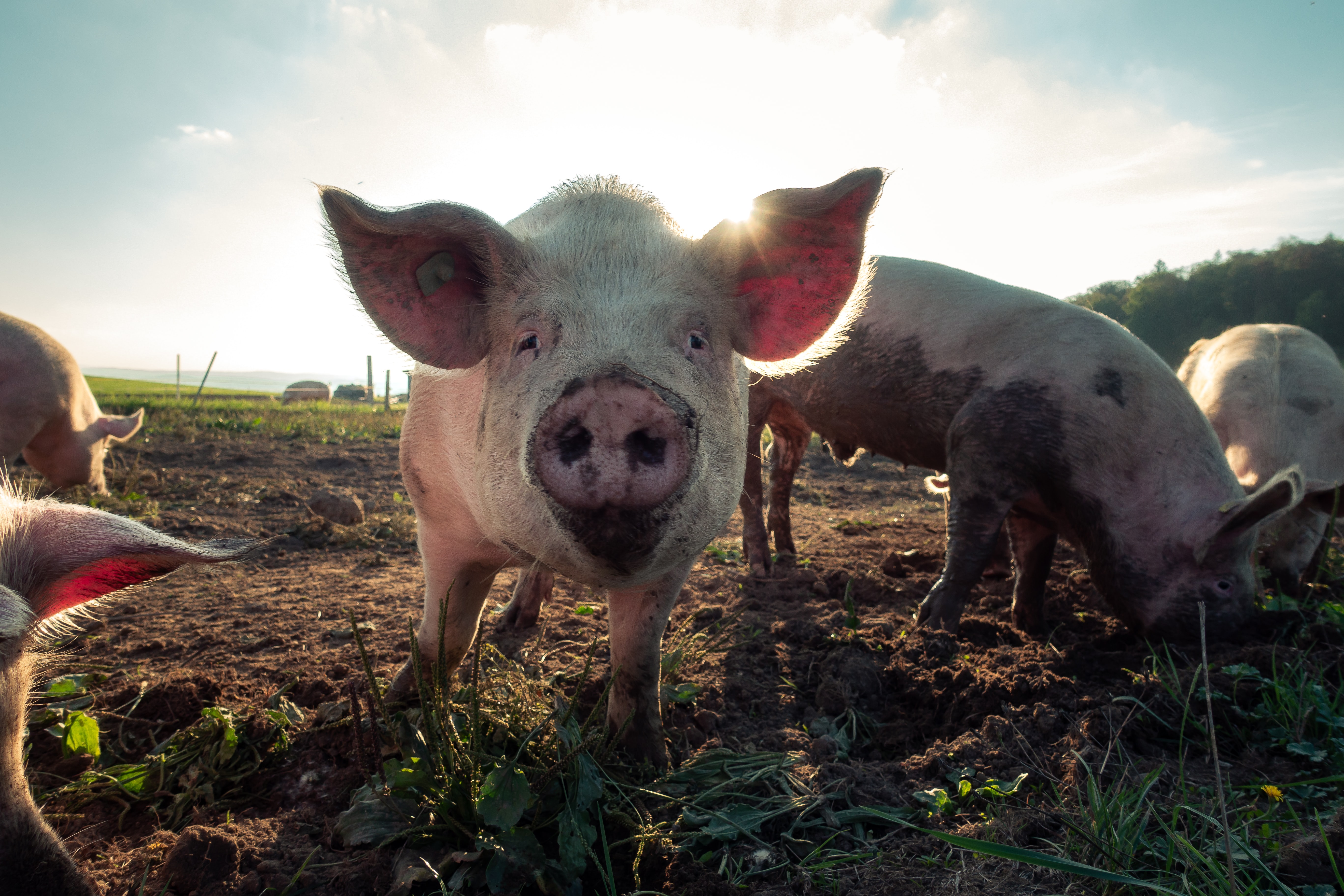JSR Genetics is a world leader in superior pig genetics. They collaborated with the University of Kent’s School of Biosciences to secure funding to research and develop a more cost-effective and sustainable business approach.
The Challenge
Sending genetics in the form of live animals to international customers can incur high production and logistics costs, environmental pollution and animal welfare issues. JSR Genetics sought to develop their use of IVF embryos as a sustainable alternative to flying pig stocks overseas. Embryos suspended in a flask require just one test, can be ‘disease washed’ as required for their destination and can travel as luggage on a normal commuter flight. There problem, however, was that they needed additional expertise to develop their IVF processes.
The Approach
JSR Genetics collaborated with the University of Kent to secure a four-year grant from the Technology Strategy Board (now known as Innovate UK), worth nearly £1 million. The funding was awarded to improve sustainable protein production, with the project entitled: ‘Pig IVF and genetics: A route to global sustainability’. Working with Dr Kate Fowler and Professor Darren Griffin from the University of Kent and the Bridge Fertility Centre (now London Women’s Clinic), they were able to access the expertise and facilities they needed to achieve their aim.
“The Technology Strategy Board Fund actively encourages collaboration between universities and industry and this project is a fantastic example of how fusing knowledge and technology can deliver a global sustainability solution.”
Professor Darren Griffin, The University of Kent
The Result
This was a brilliant opportunity for innovation in IVF technology. As well as introducing a sustainable alternative to flying pig stock through IVF technology, it adapted non-invasive pre-implantation genetic diagnosis (PGD) technology, then used in human IVF treatment, to improve pig genetic stock: a mostly female sex ratio would further realise monetary and environmental benefits.

